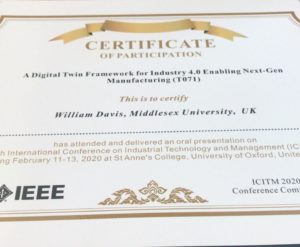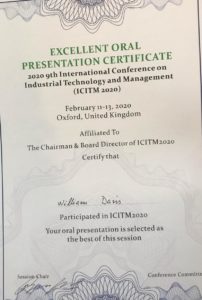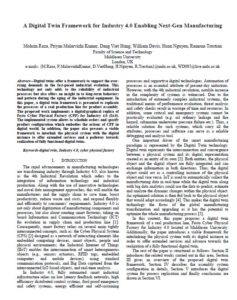The London Digital Twin Research Centre has today kicked-off another British Council project that aims to develop curriculum on “Digital Twin for Health System Resilience” with partner Universitas Gadjah Mada (Indonesia) and other associated partners Health Office at Kulon Progo, Mlati II & Samigaluh II Primary Healthcare and PT Sisfomedika, within the Going Global Partnerships Indonesia programme.
Here is the link to the Kick-off meeting programme
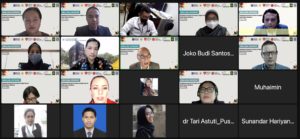
Continue reading “Kick off Project “Digital Twin for Healthcare Resilience””

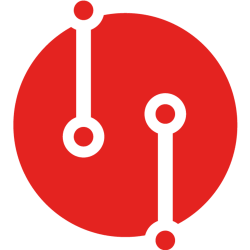
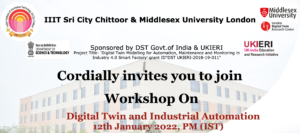



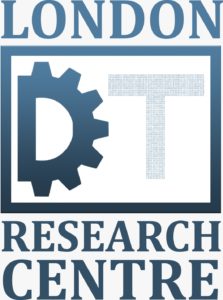 London Digital Twin Research Centre (LDTRC) has joined 130+ leading industry and academic organisations from all over the world as a full member of the Digital Twin Consortium (
London Digital Twin Research Centre (LDTRC) has joined 130+ leading industry and academic organisations from all over the world as a full member of the Digital Twin Consortium (
 universities under the COVID-19 situation and how digital twin technology can have an impact
universities under the COVID-19 situation and how digital twin technology can have an impact